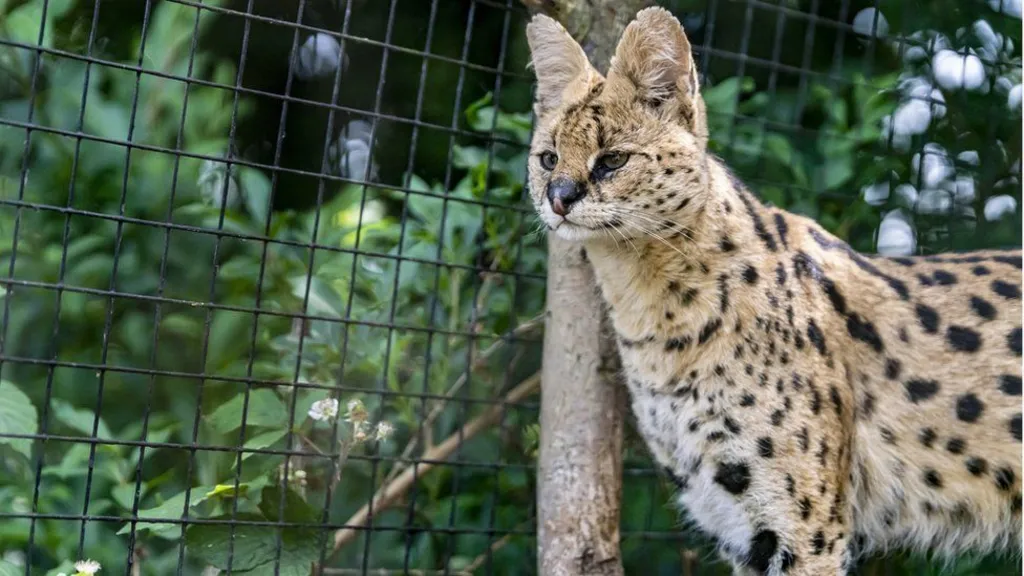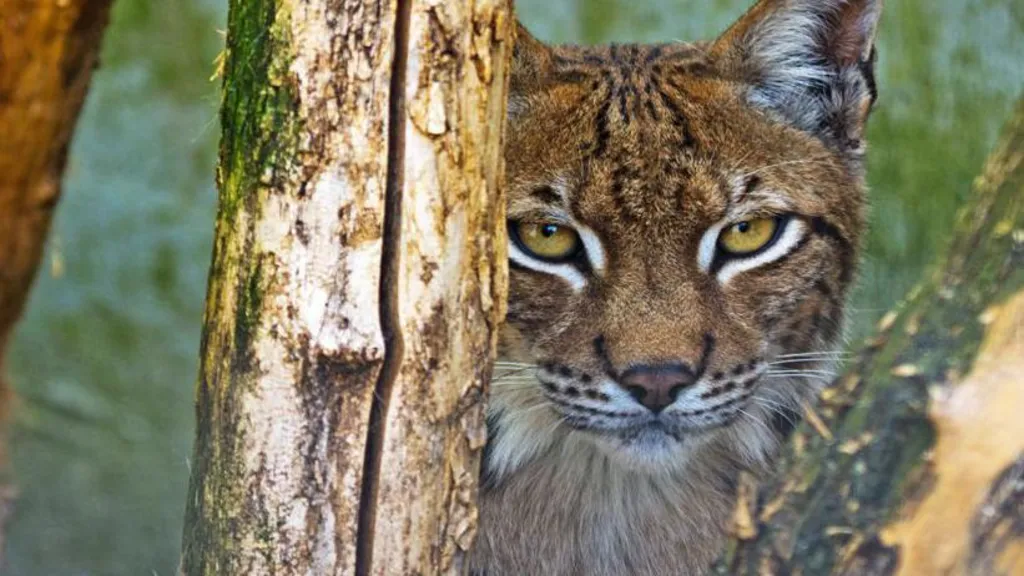A big cat sanctuary owner has been prohibited from keeping animals following his conviction on animal welfare charges.
Terrence Moore, the director of the Cat Survival Trust in Welwyn, Hertfordshire, was found guilty of four counts of causing unnecessary suffering to an animal.
According to prosecutors, the 77-year-old relied solely on homeopathic treatments and failed to consult veterinary nurses.
St Albans Crown Court informed Moore that he would be banned from keeping animals for five years once arrangements for the 31 animals at his trust were made.
Judge Recorder David Mayall also imposed fines totaling £10,000.
An earlier sentencing hearing on Monday was postponed to 30 May.
“You have achieved a great deal in your life’s work, but now it must come to an end,” stated Mr. Mayall.
Last week, a jury also found Moore guilty of seven charges of using animal species for commercial gain without a license.
However, he was acquitted of eight charges of causing unnecessary suffering to an animal and four charges of using an animal species for commercial gain without a license.
The animals involved included a male European wildcat named Hamish from a zoo in Paris, a female Bengal cat named Jasmine, a jungle cat named Lily, and a Caracal cat.

During the trial, prosecutor Charles Miskin KC argued that the Cat Survival Trust was not a zoo but allowed public access and membership.
Miskin accused Moore of neglecting his basic duty of care to some animals, attributing this either to neglect, a dislike of modern veterinary practices, or financial constraints. He described the sanctuary as “a shambles,” citing unhygienic food preparation, storage, and disposal practices, inadequate or insecure housing for some animals, and the presence of numerous unvaccinated domestic cats, which exposed the sanctuary’s cats to the risk of disease.
Moore’s barrister, Daniel Higgins, asked the judge to consider that the suffering was not for commercial gain and that no harm was intended. He argued, “Mr. Moore and others have taken in a large number of unwanted animals to give them the best life possible,” emphasizing Moore’s lifelong dedication to big cat conservation.

Higgins stated that Moore had not received any financial reward, and any profit from photographers visiting the site was reinvested into the charity.
Judge Mayall acknowledged that Moore’s “primary aim” was always for the welfare of the animals and accepted that any suffering was unintentional. However, he criticized Moore for his reluctance to seek veterinary care, explaining, “You have fallen short because of your reluctance to obtain veterinary care for those animals. It was borne from a belief that the homeopathic remedies you were using were the best treatment.”
Moore, who started the sanctuary in the 1970s with his wife, now faces a ban and fines as a result of the conviction.
